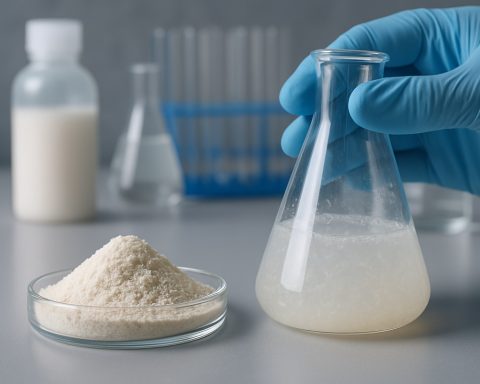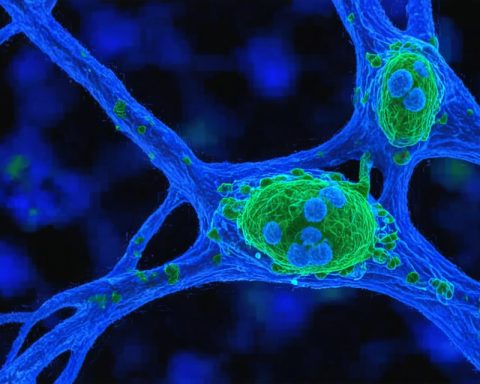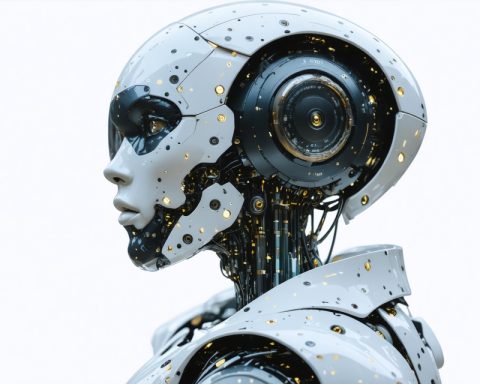
Protein Folding
Protein folding is the biological process by which a linear chain of amino acids, the building blocks of proteins, acquires its three-dimensional structure. This folding is crucial because the specific shape of a protein determines its function within a biological system. Proteins fold into complex structures that include primary, secondary, tertiary, and sometimes quaternary levels, all influenced by various chemical interactions and physical conditions. Proper folding is essential for the protein to function correctly; misfolded proteins can lead to a variety of diseases, including neurodegenerative disorders. The study of protein folding encompasses understanding the mechanisms involved, the role of molecular chaperones that assist in the folding process, and the consequences of misfolding.







